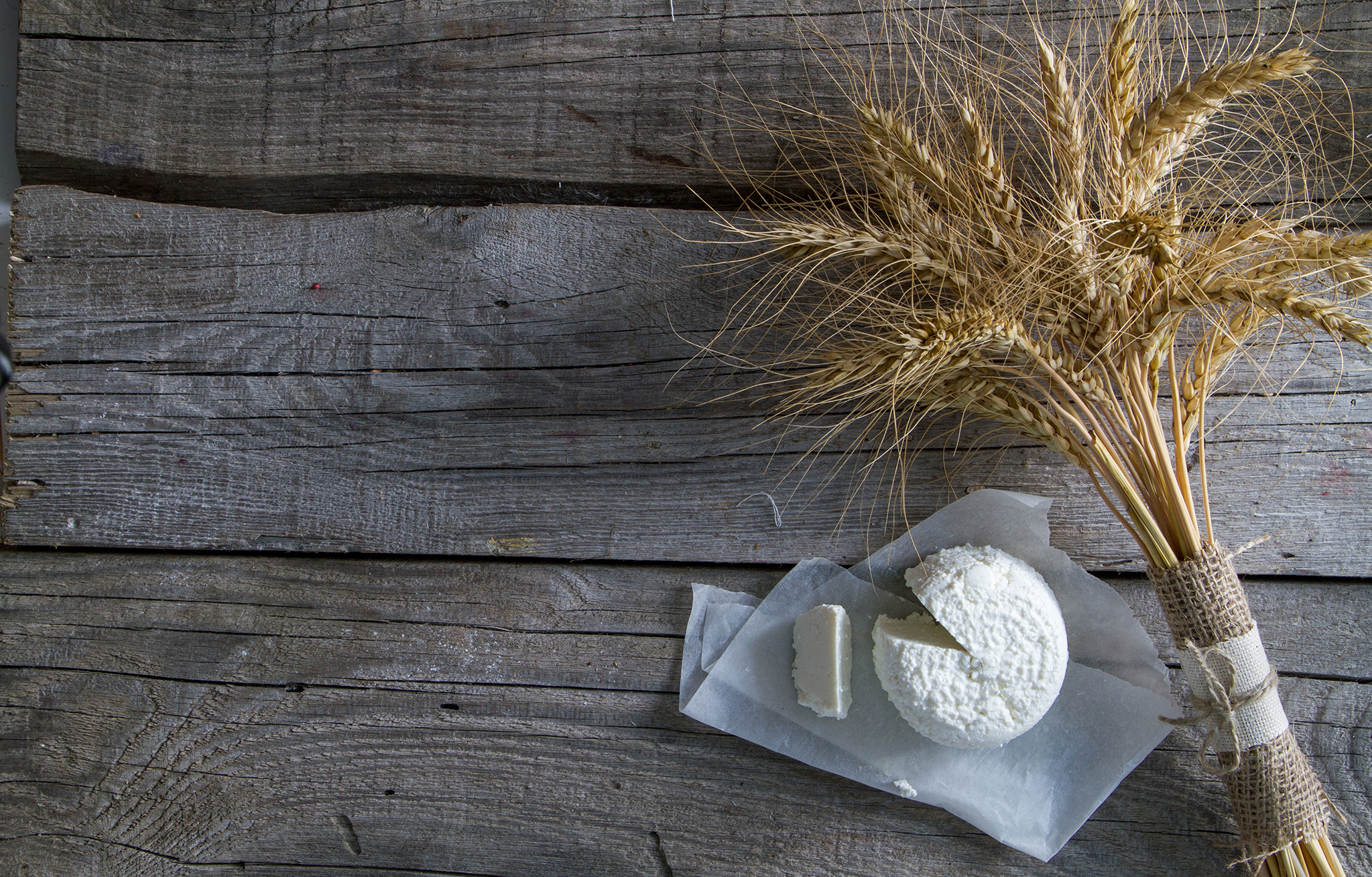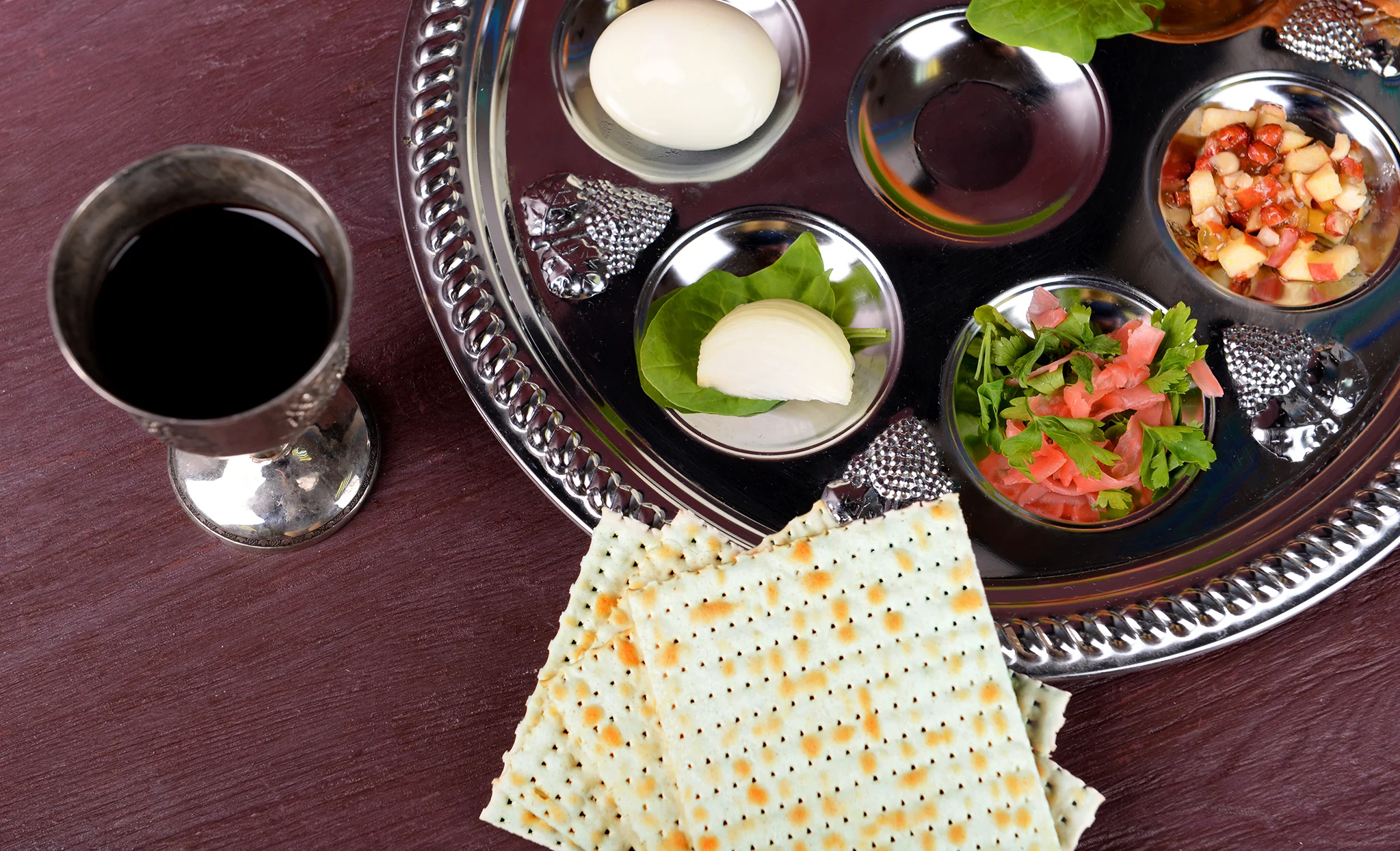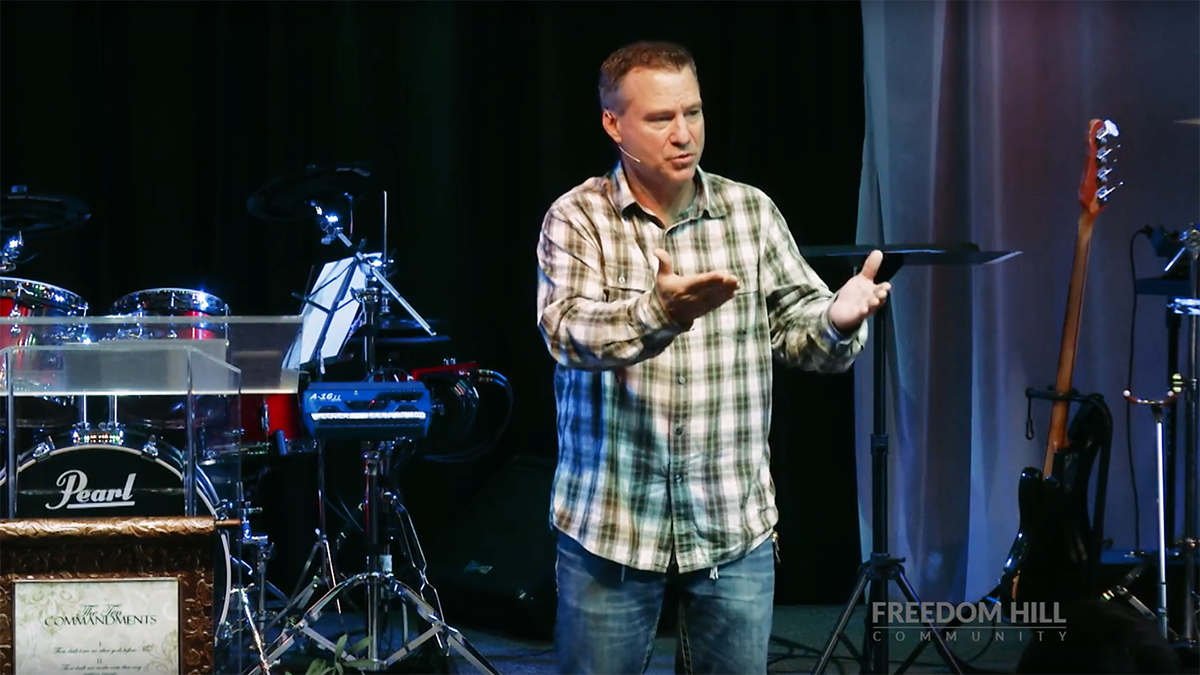Author: David Wilber
The feast of Shavuot—better known as Pentecost—is one of the most amazing events on the Hebrew calendar. How do we as believers celebrate this biblical festival today?
The Biblical feast days are broken down into two seasons: the four spring feast days and the three fall feast days. Shavuot marks the end of the spring feasts. In biblical times, Shavuot also marked the beginning of the new agricultural season. It was called Chag HaKatzir, which means "The Harvest Holiday." It is also known by the name, "The Feast of Weeks."
According to Jewish tradition, it was during Shavuot when the God of Israel betrothed His people at Mount Sinai. Marriage vows were given when the people spoke as one, saying, "All the Lord has spoken, we will do" (Exodus 19:8). And the marriage contract, or ketubah, was written down in the form of the Torah. In the New Testament, the outpouring of the Holy Spirit upon Yeshua's disciples also occurred on Shavuot (Acts 2). This festival therefore celebrates true, biblical worship. Indeed, God gave both the Truth of His Word (Torah) and His Spirit on Shavuot, thus enabling His people to worship in Spirit and Truth: “God is spirit, and those who worship Him must worship in Spirit and Truth” (John 4:24).
The feast of Shavuot, along with the rest of God’s feasts, is called an “appointed time” (Leviticus 23:2). It is a special time that God told us to remember and celebrate every year—kind of like a wedding anniversary. Therefore, you can be sure that when God’s people come together for this special celebration, the God of Israel will show up in a powerful way. He scheduled these appointments with us in His Word, and He never misses them.
The following is a list of ten ways that you can make this amazing holy day part of your life.
1) Count the Omer
One interesting thing that God told His people to do is count fifty days from the first fruits offering given at the time of Passover to the feast of Shavuot (Leviticus 23:15-16). This is called the counting of the omer. An omer is a unit of dry measure equal to one tenth of an ephah (half a gallon dry measure). In biblical times, an omer of barley was brought to the Temple on each of the days leading up to Shavuot and then waved before God.
At this time there is no physical Temple in Jerusalem, so we cannot go to the Temple and wave the omer before God like they did in biblical times. But we can still count the days to Shavuot. In Judaism, it is customary to recite a Hebrew blessing each evening during the counting of the omer. It goes like this:
Hebrew: Barukh ata Adonai Eloheinu Melekh ha’Olam asher kid’shanu b’mitzvotav v’tizivanu al sefirat ha’omer
English: Blessed are you, our Lord our God, King of the Universe, who has sanctified us with your commandments and commanded us to count the Omer.
In addition to the traditional blessing, some people like to make an omer calendar for the family. Each evening you can have a special moment where you mark the days and count as a family. You can even pick out memory verses for the children to recite. There are a lot of creative ways to fulfill this mitzvah.
2) Give an offering to the Lord
Three times a year God’s people are commanded to come before the Lord, and we are told not to come empty-handed. Shavuot is one of those times:
Three times a year all your males shall appear before the Lord your God at the place that he will choose: at the Feast of Unleavened Bread, at the Feast of Weeks, and at the Feast of Booths. They shall not appear before the Lord empty-handed. (Deuteronomy 16:16)
One way to do this would be to give a special offering to your local congregation, a charity, or a ministry of your choice that aligns with the heart and vision that the Father has given you. This is one simple way to honor the spirit behind this particular commandment on a practical level.
3) Give a "wave offering"
According to the Torah, we are to bring two loaves of bread to be waved as an offering to the Lord:
You shall bring from your dwelling places two loaves of bread to be waved, made of two tenths of an ephah. They shall be of fine flour, and they shall be baked with leaven, as firstfruits to the Lord. (Leviticus 23:17)
These two loaves of bread represent the Ten commandments that were written down on two stone tablets. They also symbolize the two "testaments" (Old and New) coming together as one. Simply have your community leader—or if you are the head of your household, you can do this with your own family—wave the two loaves of bread sometime during your own celebration. They are to be waved in every direction before the Lord as a public declaration of God’s provision.
4) Bless the poor
In connection to Shavuot, there is also a command to leave the edges of your field unharvested for the poor:
And when you reap the harvest of your land, you shall not reap your field right up to its edge, nor shall you gather the gleanings after your harvest. You shall leave them for the poor and for the sojourner: I am the Lord your God. (Leviticus 23:22)
Therefore, leading up to Shavuot, you should be looking for ways to minister to the poor. For instance, congregations or home groups could have a special donation box dedicated specifically for benevolence. You could also do a canned food drive or even pick a day to help your local food pantry or soup kitchen. Just as in Acts 2, God sent His comforter—the Holy Spirit—on Shavuot, we are to help comfort others.
5) Renew your marriage vows
Since Shavuot traditionally represents a wedding ceremony between God and Israel, many couples use this time to renew their marriage vows and recommit their hearts to both one another and their King. There are many creative ways to do this, and it can be as simple or elaborate as you’d like. You can go all out and have a big "wedding celebration" or simply gather your children and friends together in your living room to be witnesses while you and your spouse recite your marriage vows to each other.
6) Read the Book of Ruth
During the season of Shavuot, it is customary to read Megilat Rut, or the Book of Ruth. In the Bible, Ruth was a Moabite woman who had such a love for her Hebrew mother-in-law, Naomi, that when Ruth’s husband died, she decided to become part of God’s people and follow the God of Israel. This book is read during Shavuot because the story takes place during the harvest season, and also because Ruth’s "grafting in" to the people of Israel reminds us of the first Shavuot when Israel accepted the Lord and became His people at Mount Sinai.
As followers of Messiah, the book of Ruth also reminds us of our own acceptance of Messiah Yeshua whereby we became "fellow citizens with the saints and members of the household of God" (Ephesians 2:19).
7) Decorate your home and congregation
Another fun tradition is to decorate your home or congregation with fresh greens and flowers. This serves as a reminder of God’s wisdom and character contained in the Torah given at Shavuot, and how it is a “tree of life” to those who hold fast to it (see Proverbs 3:18). Children can also make necklaces and bracelets out of flowers and wear them during the celebration.
8) Have a community baptism
Many believers will hold a community baptism as part of their celebration. This ceremony symbolizes the death, burial, and resurrection of Messiah Yeshua. When we get baptized, we are illustrating our identification with Messiah—being buried with Him by being immersed in water, and resurrecting with Him as we come out of the water.
Do you not know that all of us who have been baptized into Christ Jesus were baptized into his death? We were buried therefore with him by baptism into death, in order that, just as Christ was raised from the dead by the glory of the Father, we too might walk in newness of life. (Romans 6:3-4)
Baptism also symbolizes repentance—leaving behind our old life and being made into a new creation (2 Corinthians 5:17). It is a public declaration of our commitment to Yeshua and a life led by Spirit and Truth.
9) Keep a day of rest
Shavuot is a "high sabbath." Like the regular weekly Sabbath, it's a day of rest on which we are not to do any regular work. It is also a "holy gathering" (Leviticus 23:21). Thus, if at all possible, make every effort to be part of a congregation of likeminded believers on Shavuot. If there is no congregation in your local area, and you simply aren’t able to travel to one, get together with just a small group of family, friends, or perhaps your bible study group to give honor to the Father on this very special day.
This should be a day of praise and worship to our King. It's a day on which we're commanded to "rejoice" (Deuteronomy 16:11). So, whether you are by yourself, in a small home group, or a part of a larger congregation, celebrating Shavuot is good not only for your soul, but it also brings God's people together to worship our King.
10) Eat good food!
It is customary to eat dairy during Shavuot, such as cheesecake and ice cream. Why? Because God brought His people out of Egypt in order to bring them into a “land flowing with milk and honey” (Exodus 3:8-17). Therefore, eating dairy commemorates the sweetness of the new life that lies before us when Yeshua returns and brings us all into His Kingdom.
Happy Shavuot!
Partner With Us!
Your support makes it possible for us to share the Word of God with people around the world through our weekly services and online media resources like this article. Partner with us in reaching the nations with the Gospel of Yeshua / Jesus and the truth of His Word!

























